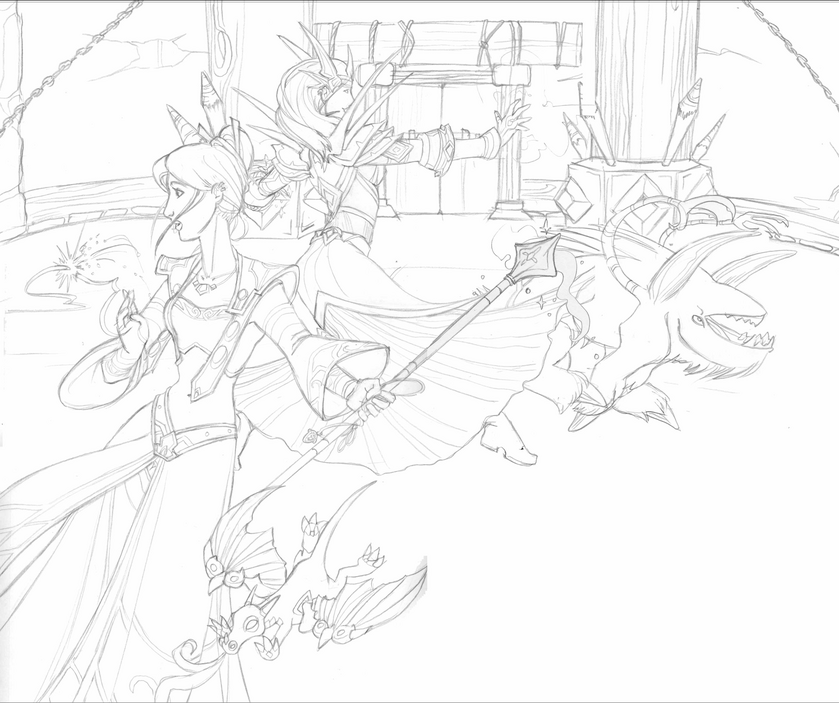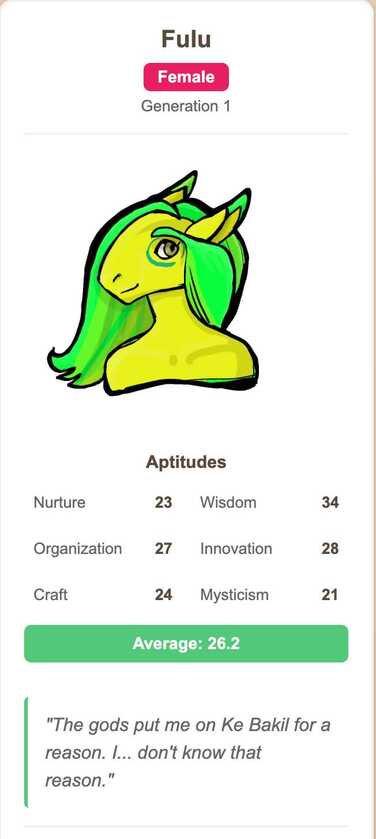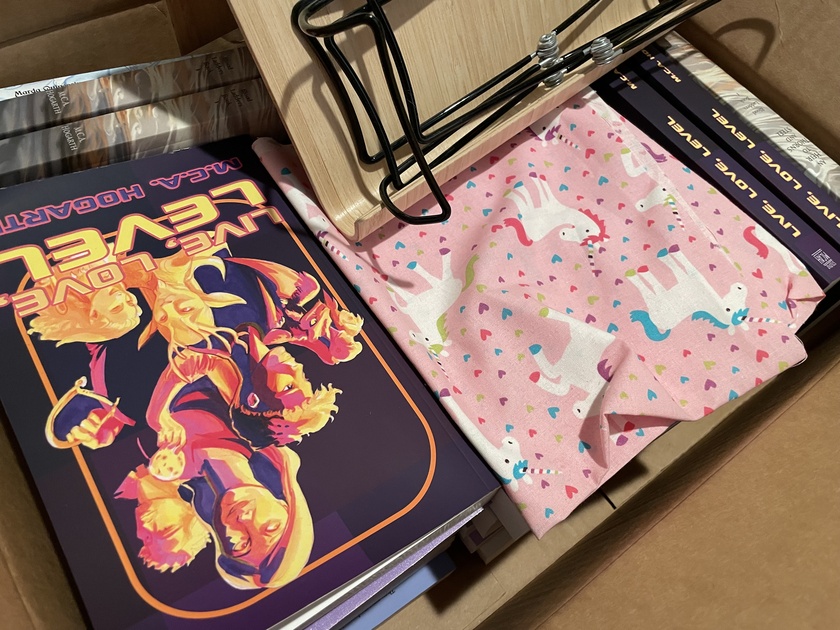“When the Admonishments were new,” I say, “I remember one of my readers asking me for the Ai-Naidari word for ‘why’, because she said it was the one question you asked most frequently, in every encounter, over and over: ‘why’.” I taste the word, which starts with a ‘v’ that sounds like an ‘f’. “Va.”
It is a rare foggy day out, and I have walked to the lake to watch the mist hang over its dim surface. When I don’t continue, Kor steps up beside me. “A good beginning. Continue.”
“People are asking me if Kherishdar can explain how people can believe such different things when confronted with the same world.”
“And you realize you have been avoiding the question.”
“Yes,” I say. “Because sometimes people ask something, and you think that’s what they want to know. But it’s not.” I glance at him. “That’s the reason you ask so many questions. Because people often don’t know what they really want to know, what they think, what they need, until they’ve talked themselves through all the wrong answers.”
He smiles a little. “Do you wonder why Shame can love an artist?”
“No,” I say. “At least, not an honest one. Honest artists are always trying to observe reality.”
“And have you observed this one? Or shall I observe it for you, and save you from the discomfort?”
Such a Shame response. And maybe once upon a time I would have needed to prove I could handle any challenge. Now, sometimes it’s a relief to lean on other people’s strength, and always a relief to receive other people’s wisdom. “Please.”
“They don’t want to understand other people,” Shame said. “They want to understand how to live with them without having to change.”
I nod. “No one will like the answers.”
His smile is brief. “Especially you?”
“Always especially me,” I say, smiling too. “But we say something here, that when you’re taking flak, keep going: you’re over the target. So I follow my discomfort, and if it gets more extreme, then I know I’m closing in on a truth that I have been avoiding.” I allow some mischief in my voice. “I am a very excellent sort of artist, you know. Most artists are so in love with novelty, change, and new experiences that they skate out to the perimeters of acceptable behavior and ideas and live there as if it’s paradise. But it takes someone like me, who’s skeptical of all those things, to make bridges between those ideas and normal people. When it’s warranted.”
“You also know that it is not for artists to decide what is warranted.”
“No,” I say, and now I am feeling cheerful. “That’s your job, Civilization’s Shame. You’re welcome to it.”
He chuckles.
“I still love people,” I say. “So do you. And I love you.” The symmetry makes me smile. “Do you wonder that an artist might love Shame?”
“Only in the very personal way that one might wonder why anyone is loved by a particular person,” Shame said.
“That’s good for you,” I say sagely.
Since that was teasing, I’m surprised when he answers, serious, “Yes. For a mortal heart to have all the answers is annihilating. It destroys the vital spark—there is impetus for neither change nor growth. One would wake, and not know why. We need uncertainty, datyani. Don’t forget it, when Tsevet comes to you with his stories on his lips.”
“No,” I promise. And, because it’s become habit: “Give me a word, Kor.”
“Veqoth.”
Easy one, that: sterility. I recognize the root: veqore, to die, and veqos, death. “Another?”
There’s a glimmer in his eye then, that’s just enough warning before he hits me with, “Cheksoteqedar.”
He waits while I work through that. “That means… rock-enjoyer??” I burst out laughing. “Seriously? You have all these fancy words for acquisition of knowledge, and fields of study, and the word for ‘geologist’ is ‘rock enjoying person’?”
“You may tell the cheksoteqedari that you are not the only person who remembers her question.”
I shake my head, still amused. “But why ‘rock’, when you have a separate word for ‘gemstones’? Or is this a ‘because only people who love them enough to study them would bother with rocks over shinier things?”
“Truly a question that could only be asked by someone who does not love a rock.”
“But I do!”
“Then, qirini, you should have known better.” A little more serious now. “You do know better, don’t you?”
“I do,” I say. “And I’ll try not to avoid too many obvious answers in the future. The not-obvious ones will give me enough trouble.”


















